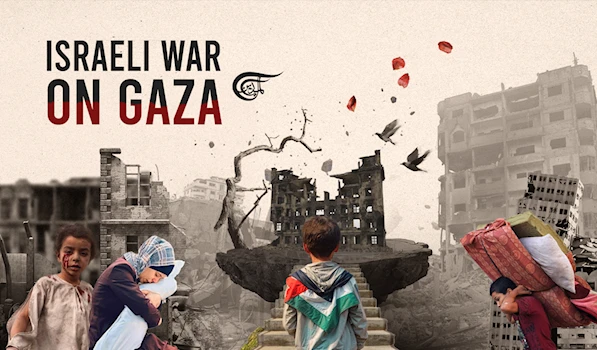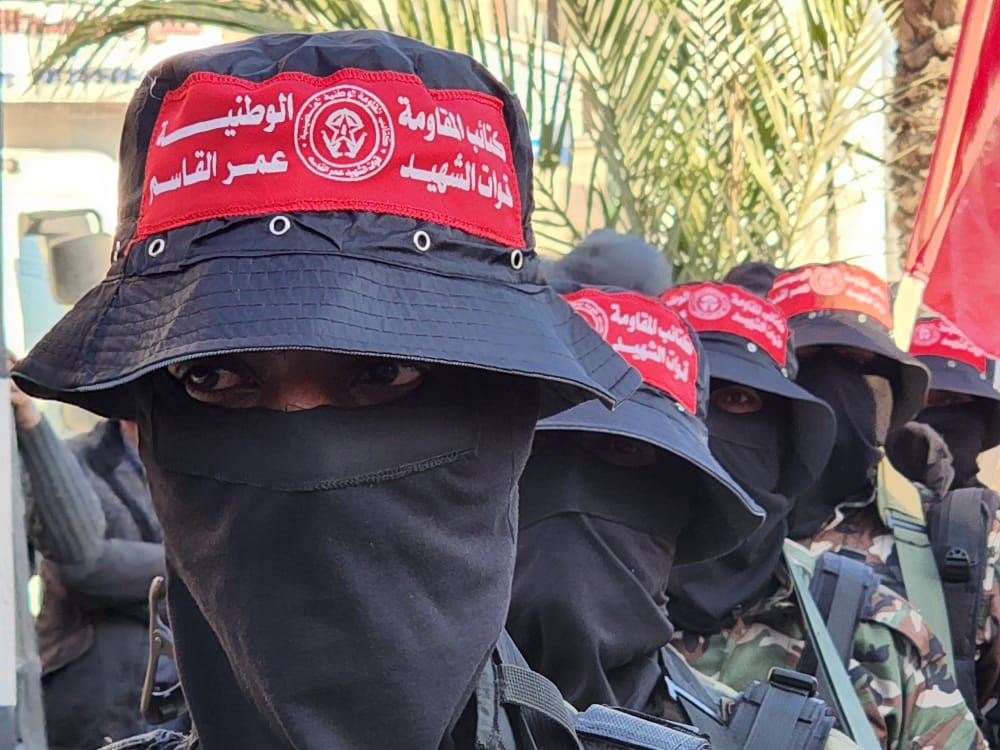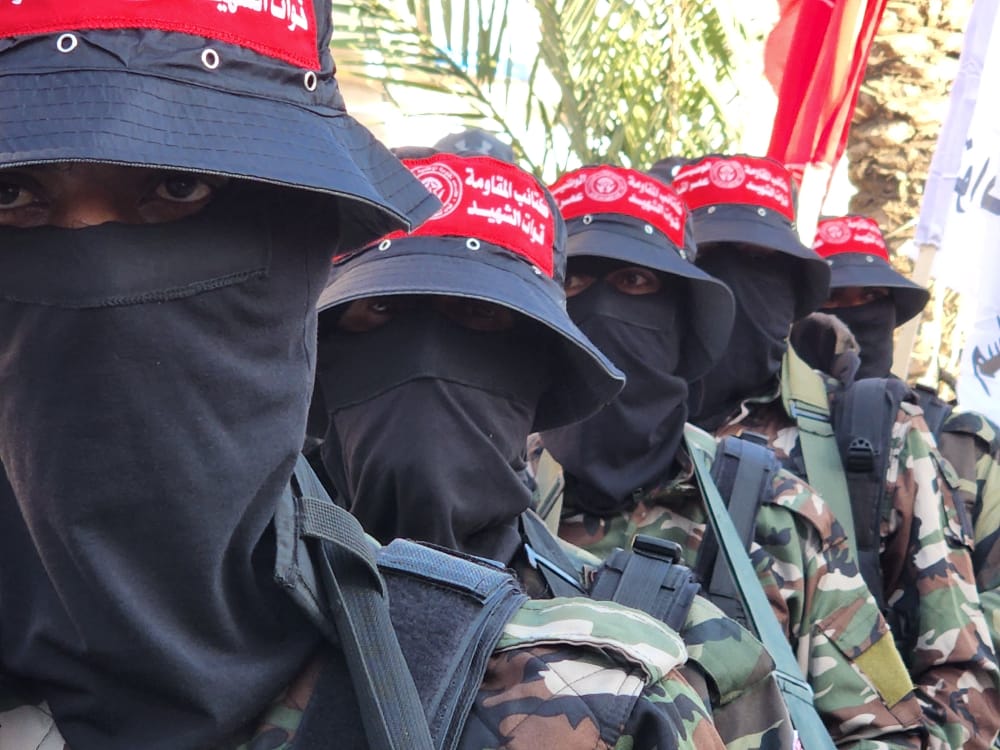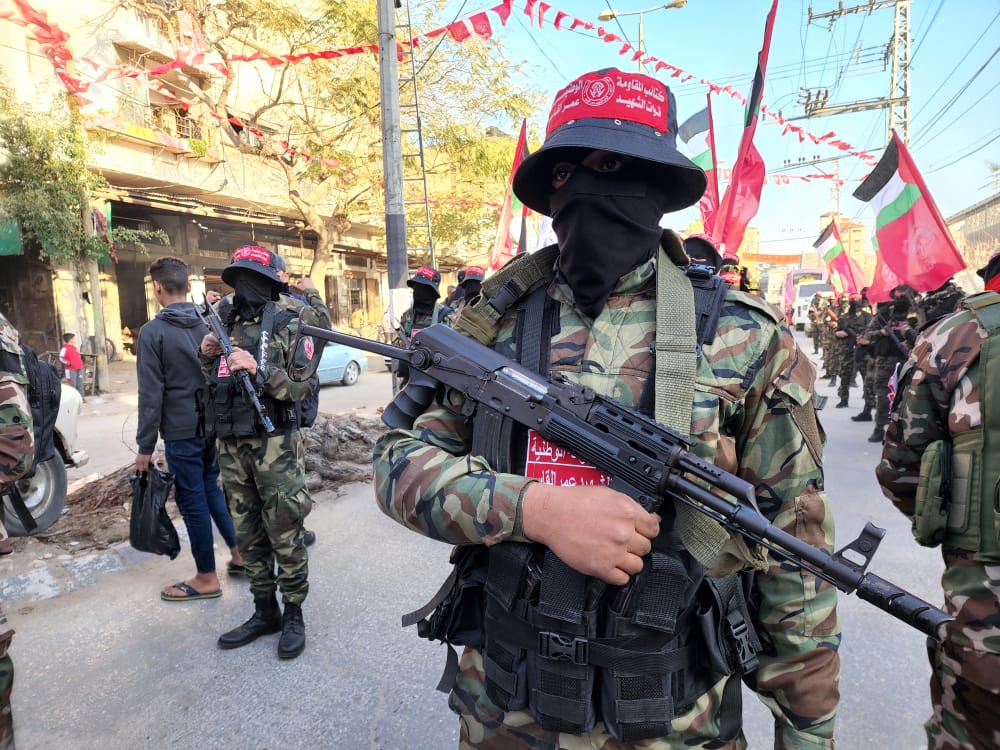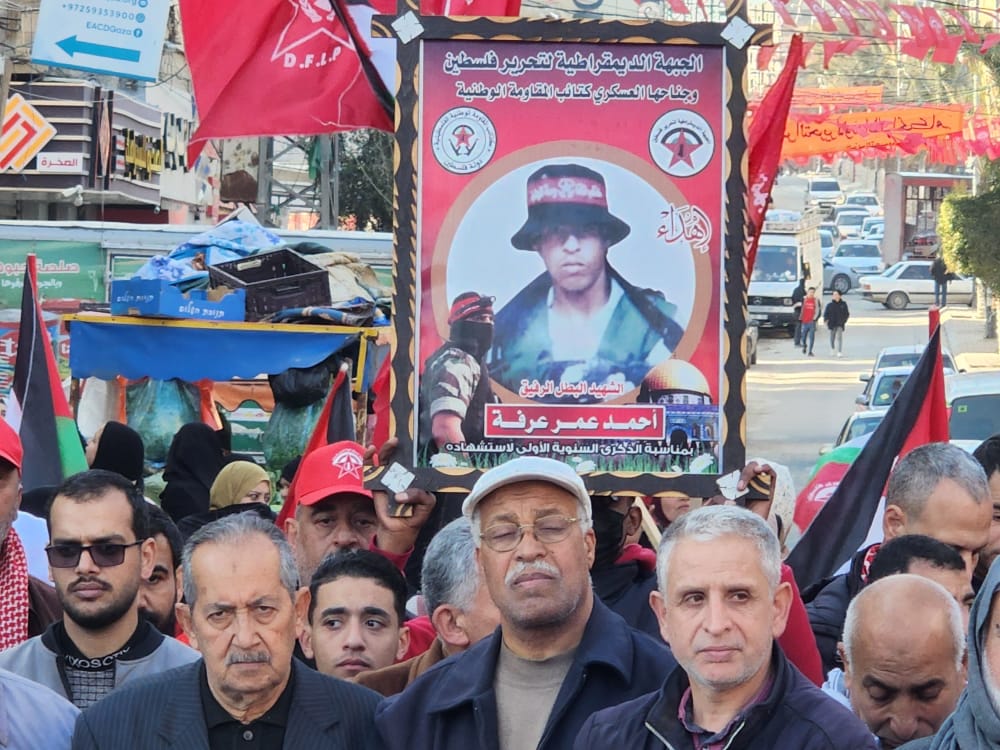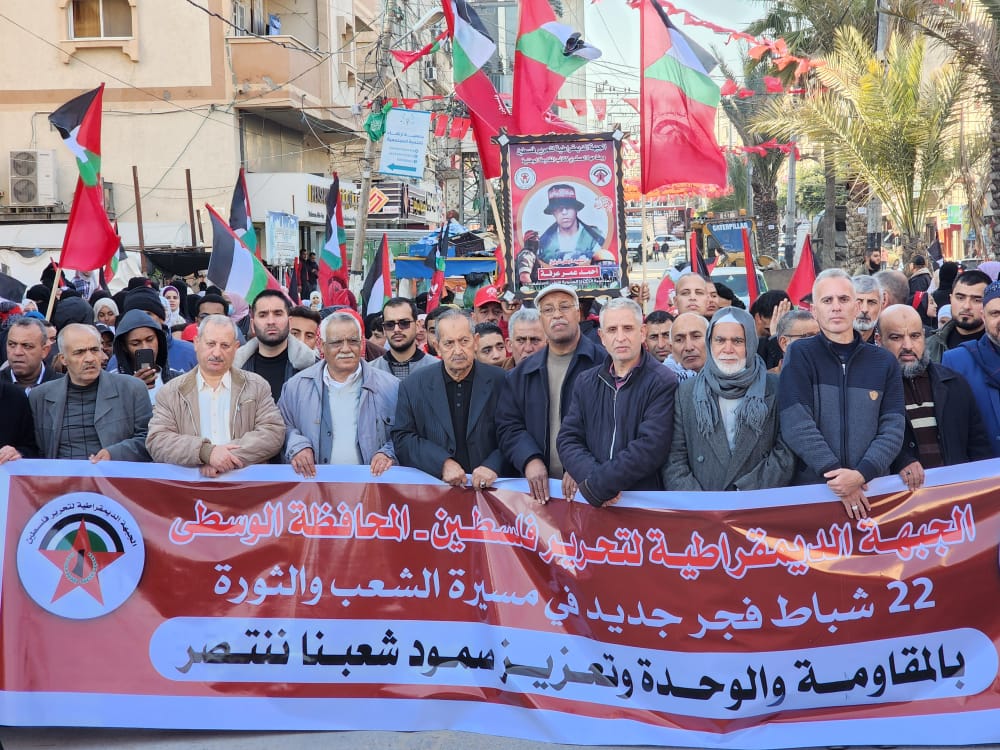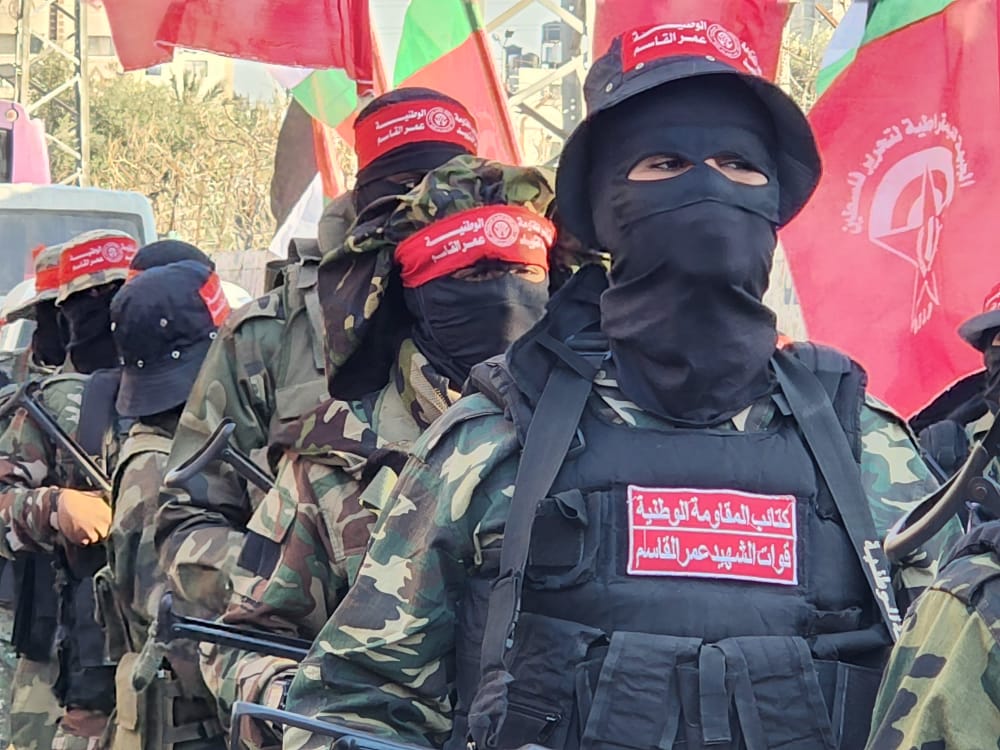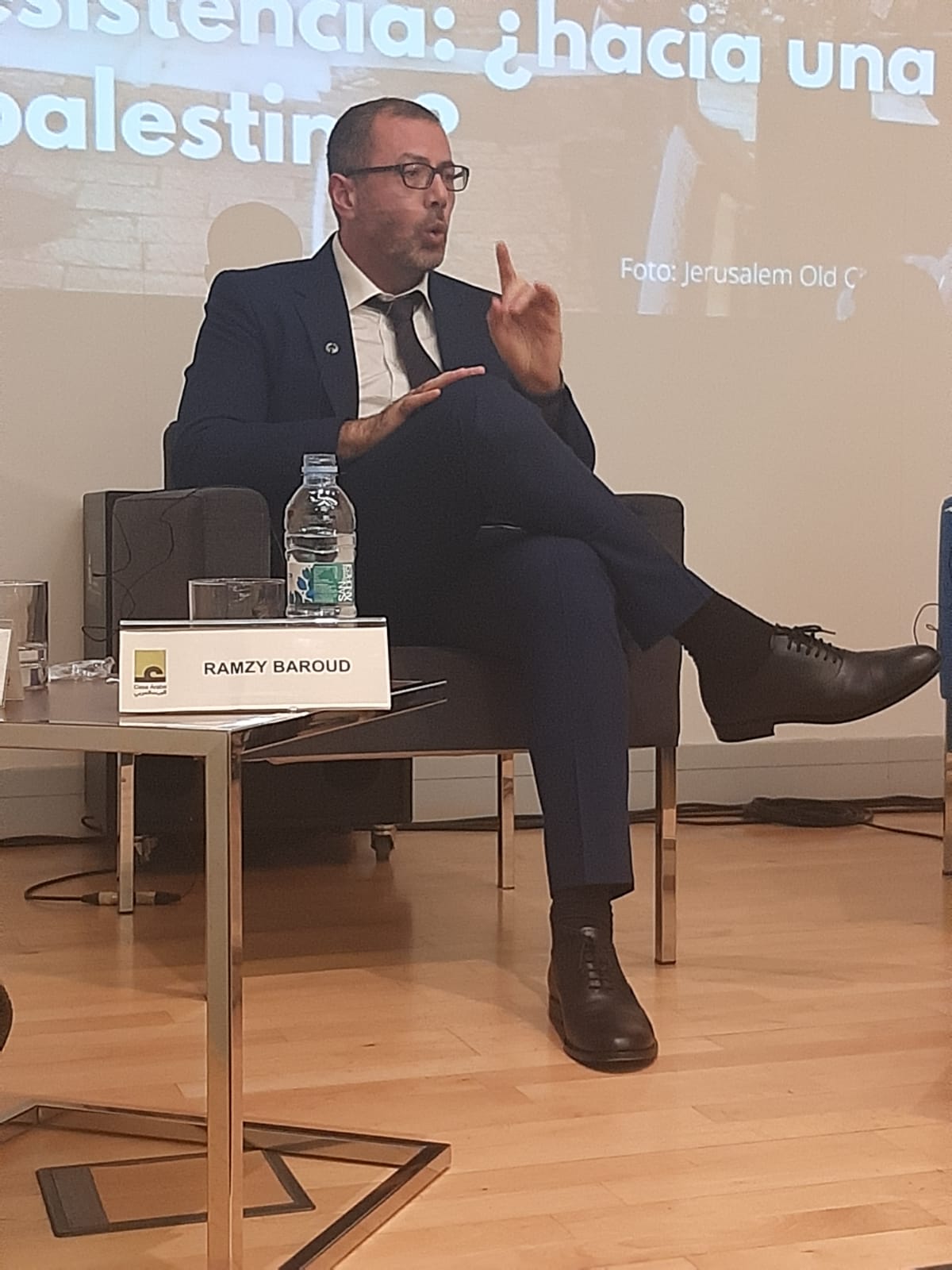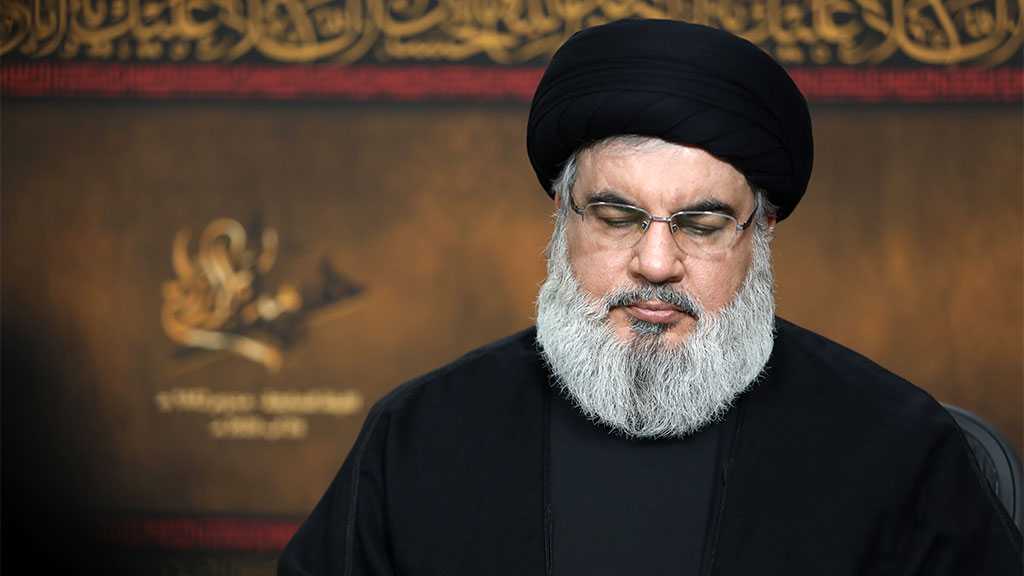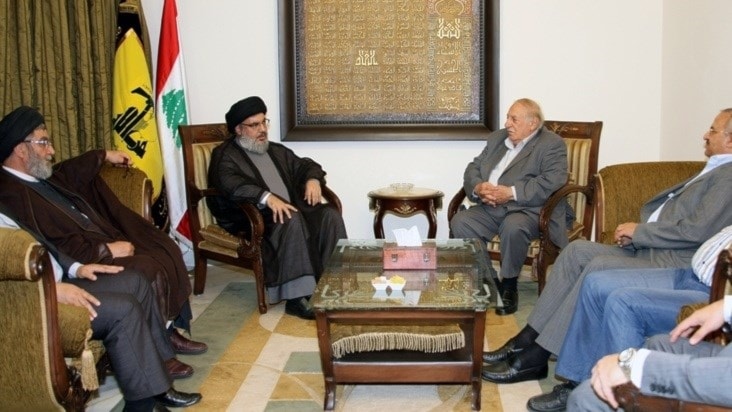
Palestinian sources told Al Mayadeen that the meeting between Hamas and Fatah in China included talks about the importance of reaching a unified stance among Palestinian factions regarding the ongoing genocide in Gaza.
Palestinian sources revealed to Al Mayadeen Tuesday the outcomes of the meeting held between the two Palestinian factions, Hamas and Fatah, in the Chinese capital Beijing.
The sources confirmed that the two factions agreed on the importance of unifying the Palestinian position regarding the Israeli genocidal war on Gaza, emphasizing the importance of a ceasefire and the complete withdrawal of the Israeli occupation forces from the Strip.
In this context, the factions further agreed on “coordinating joint national efforts to deliver urgent aid and relief to the sector and to arrange with the relevant parties in Gaza,” and forming a joint bilateral committee in Cairo for coordination and follow-up.
According to the sources, the meeting emphasized coordinating positions and efforts in the West Bank and al-Quds to confront settler attacks on villages and towns, as well as Israeli occupation assaults on the Al-Aqsa Mosque.
The outcomes of the meeting also stressed the priority of the detainees’ issue and the necessity to preserve their rights and support them during this difficult phase, where they are subjected to the worst forms of abuse and harm inside Israeli occupation prisons.
A unified Palestinian front was on the agenda
On another note, the sources reported from the meeting that Hamas and Fatah affirmed the necessity of unity and ending the division, “within the framework of the Palestine Liberation Organization by joining all Palestinian forces and factions within it and its institutions, based on previous agreements in this regard.”
Related News
- Any escalation would not be limited to Yemen borders: Supreme Council
- Fast-food outlets face existential threat from BDS movement
The parties also highlighted the importance of forming a non-factional national unity government during or after the genocidal war, tasked with its technical and administrative duties in relief efforts, alleviating the effects of aggression, and rebuilding Gaza.
This government will also work on unifying Palestinian institutions and preparing for general elections, “to strip Israel and America of the pretext of division.”
The sources confirmed that the meeting included an agreement to strengthen Palestinian unity with the assistance of China, which “will contribute to ending the occupation and establishing the Palestinian state in the West Bank, Gaza Strip, and al-Quds according to international resolutions.”
The sources informed Al Mayadeen that the outcomes of the meeting constitute the agenda for the next meeting in Beijing on June 14, 2024.
On their part, the Chinese Ministry of Foreign Affairs stated that both sides “expressed political willingness to achieve reconciliation through dialogue,” adding that they reached an agreement on ideas for future dialogue, and “they will continue the dialogue to achieve Palestinian unity as soon as possible.”
The Ministry affirmed that Hamas and Fatah expressed their great appreciation for China’s support for the Palestinian people.
The Chinese Foreign Ministry announced that Beijing hosted talks between Hamas and Fatah at its invitation to conduct “deep and frank dialogue to enhance Palestinian reconciliation.” Furthermore, the Ministry affirmed that Hamas and Fatah expressed deep appreciation for China’s support for the Palestinian people.
It also announced that Beijing hosted talks between Hamas and Fatah at its invitation to conduct a “deep and candid dialogue to enhance Palestinian reconciliation.”
Read more: Israeli proposal meagre, no decision to be reached, PIJ official says
Related Videos
Related Stories
- Hamas to mull latest ceasefire proposal with other factions
- Blinken urges Hamas to accept meagre Israeli ceasefire proposal: Axios
- Hamas considers alternatives due to failure of ceasefire negotiations
- Hawaii House, Senate pass Gaza ceasefire resolution
- World Court rejects urgent measures on German arms exports to ‘Israel’
- Egypt ‘hopeful’ about new Gaza ceasefire proposal: Foreign Minister
- Employees fired by Google refuse to be silenced about Gaza
- Gaza’s resilient children: Coping with trauma amid genocide
- Ceasefire, complete withdrawal of IOF crucial to end war: PIJ spox.
- Rafah invasion will happen with or without exchange deal: Netanyahu
- UNSC postpones Sudan complaint against UAE per UK request
- News from Nowhere: All Trussed up & Nowhere to Go
- Palestinian Resistance: Heroic example of the battle for national freedom
- US willfully escalating Haiti’s humanitarian and political crisis
- Muzzling Out Anti-Genocide Voices in Academic Institutions is Criminal
War on Gaza
Filed under: "Israel", China, Palestine, Palestinian people | Tagged: Besieged Gaza Strip., Dome of the Rock and Al-Aqsa mosque, Fatah Movement, Gaza ceasefire, Gaza reconstruction, Hamas Resistance movement, Israeli Occupation Force IOF, Israeli occupation prisons, Occupied W Bank, Palestinian detainees, Palestinian elections, Palestinian reconciliation, Palestinian Resistance factions, Palestinian Unity, Settler-attacks and retaliatory acts, Settlers Attacks, War on Gaza | Leave a comment »




